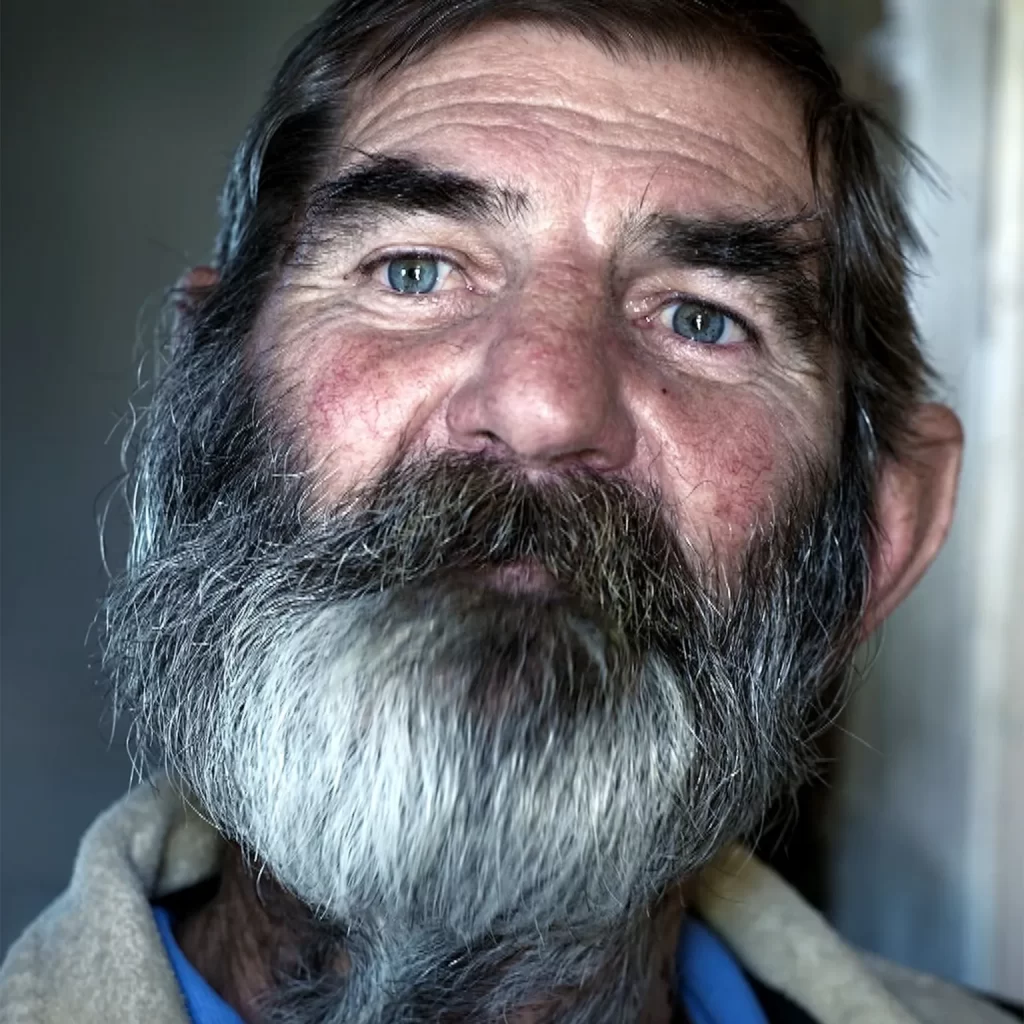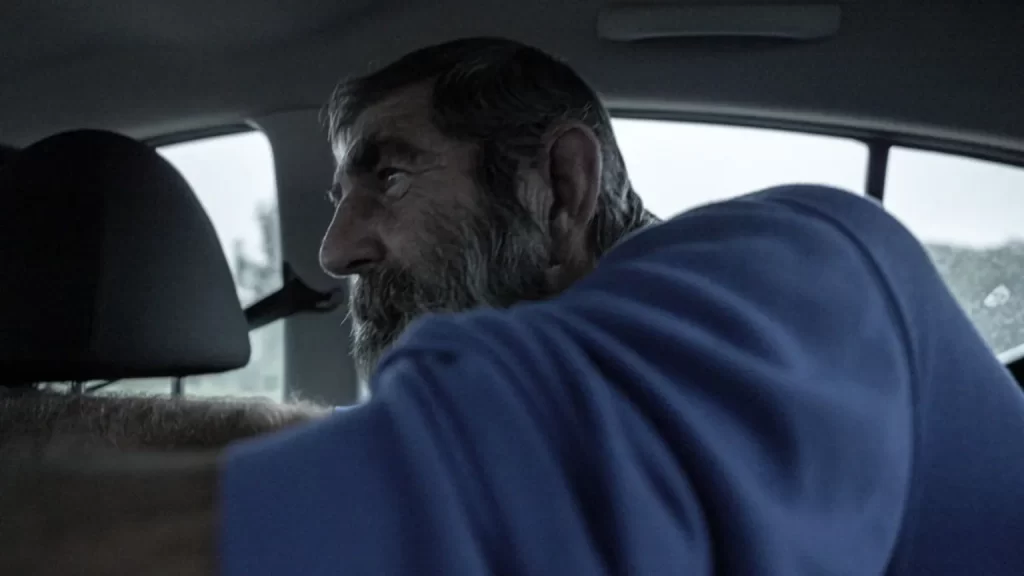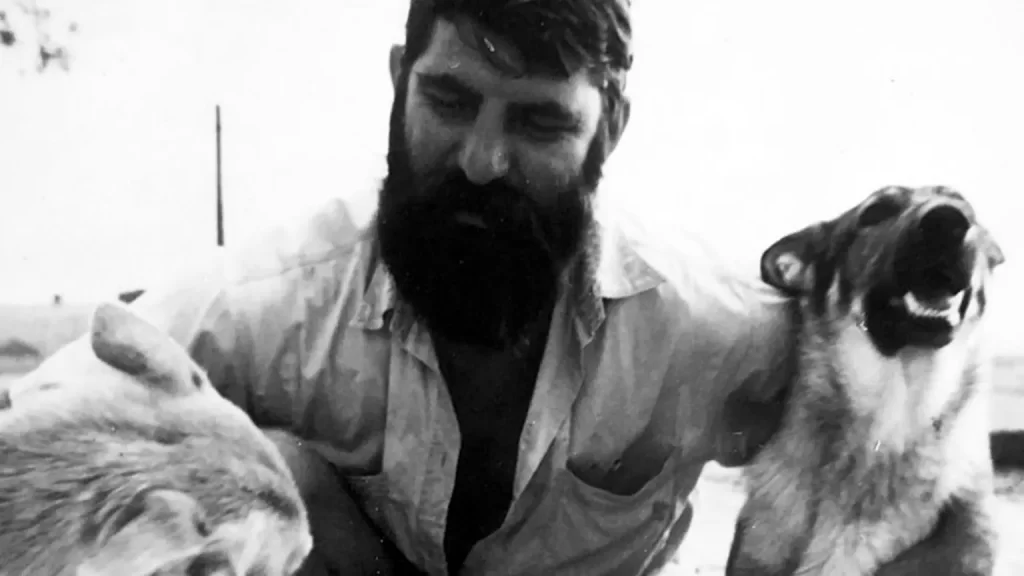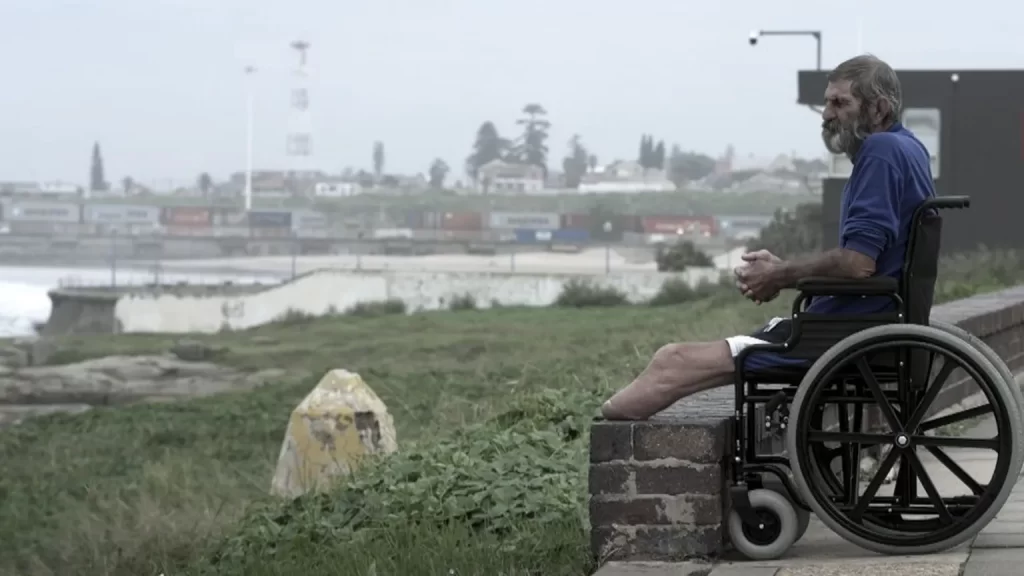Louis van Schoor, a convicted South African murderer who shot and killed dozens of black men during apartheid, recently made shocking revelations to the BBC, alleging that police sanctioned his violent actions. Now living as a security guard, Van Schoor’s early release from prison and his current condition have raised disturbing questions about justice and accountability.

Van Schoor, now in his 60s, was released from prison four years ago after serving time for the murder of at least 39 black individuals during the 1980s. His operations as a security guard during apartheid saw him targeting young black men, whom he labeled as criminals or threats, under the oppressive apartheid regime in South Africa’s Eastern Cape.
In a candid interview with the BBC Africa Eye, Van Schoor revealed harrowing details about his life post-incarceration. Describing his current living conditions, Van Schoor’s home is immaculately neat, with the smell of cigarettes pervading the air. The walls are adorned with sticky notes, a stark contrast to the grisly memories of his past actions.

Van Schoor’s health has significantly deteriorated; he suffered a heart attack that led to the amputation of both his legs. Disturbingly, he requested an epidural instead of general anesthesia during the procedure to watch the removal of his legs. “I was curious,” he recalled, chuckling. “I saw them cutting… they sawed through the bone.”
Despite his physical decline, Van Schoor maintains that he is not the monster many perceive him to be. He insists that his actions were influenced by the apartheid regime and claims that the police encouraged his violent behavior. His narrative attempts to shift some blame to the authorities who, according to him, endorsed his deadly actions as part of maintaining law and order.

Reflecting on his past, Van Schoor shared chilling memories of his killings, which he executed under the pretext of protecting white South African interests. His victims, some as young as 12, were often shot under the justification that they were committing crimes or posing threats. Van Schoor’s gruesome activities occurred predominantly in East London, a city in South Africa’s Eastern Cape province.
The BBC interview also highlights the broader societal and political environment that enabled Van Schoor’s actions. He was part of a strict hierarchical system that favored white South Africans, providing them with privileges while systematically oppressing black citizens. His actions were seen as a direct consequence of the apartheid policies that sought to maintain racial segregation and white supremacy.
Van Schoor’s release from prison has not been without controversy. Many question the justice system’s decision to grant him early release, given the severity of his crimes. His current employment as a security guard further complicates the narrative, as it places him back in a position of authority, albeit in a different capacity.

In his interview, Van Schoor attempted to justify his past by pointing to his upbringing and the influence of the apartheid regime. However, his attempts to reframe his actions have done little to quell the outrage and condemnation from those who suffered under apartheid and continue to fight for justice and recognition of the atrocities committed during that period.
Van Schoor’s story is a stark reminder of the brutal realities of apartheid and the lingering effects it has on South African society. As the country continues to grapple with its past, the narratives of individuals like Van Schoor highlight the complex interplay of personal accountability and systemic oppression.
Investigation by Isa Jacobson and Charlie Northcott (bbc.com)



